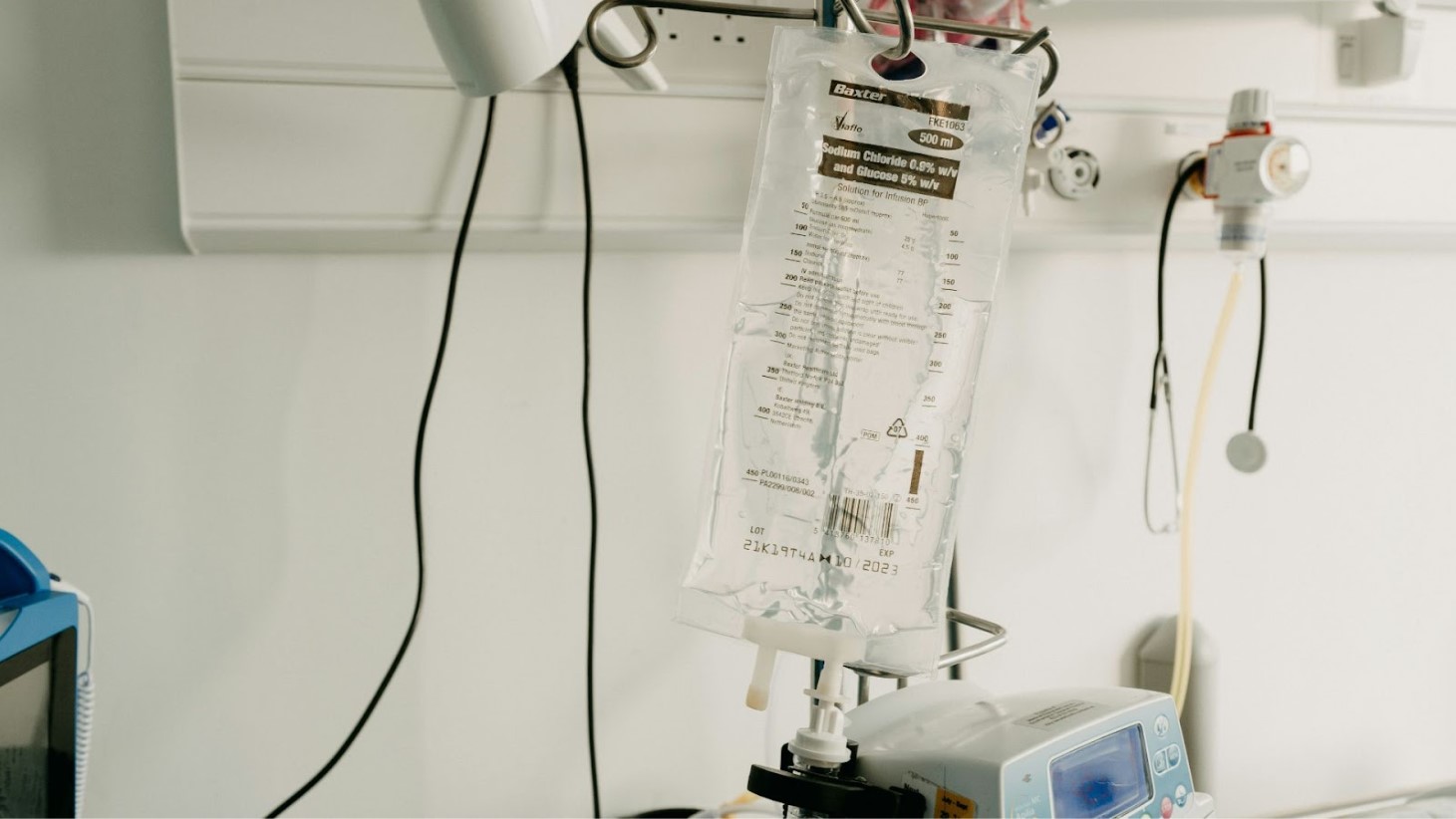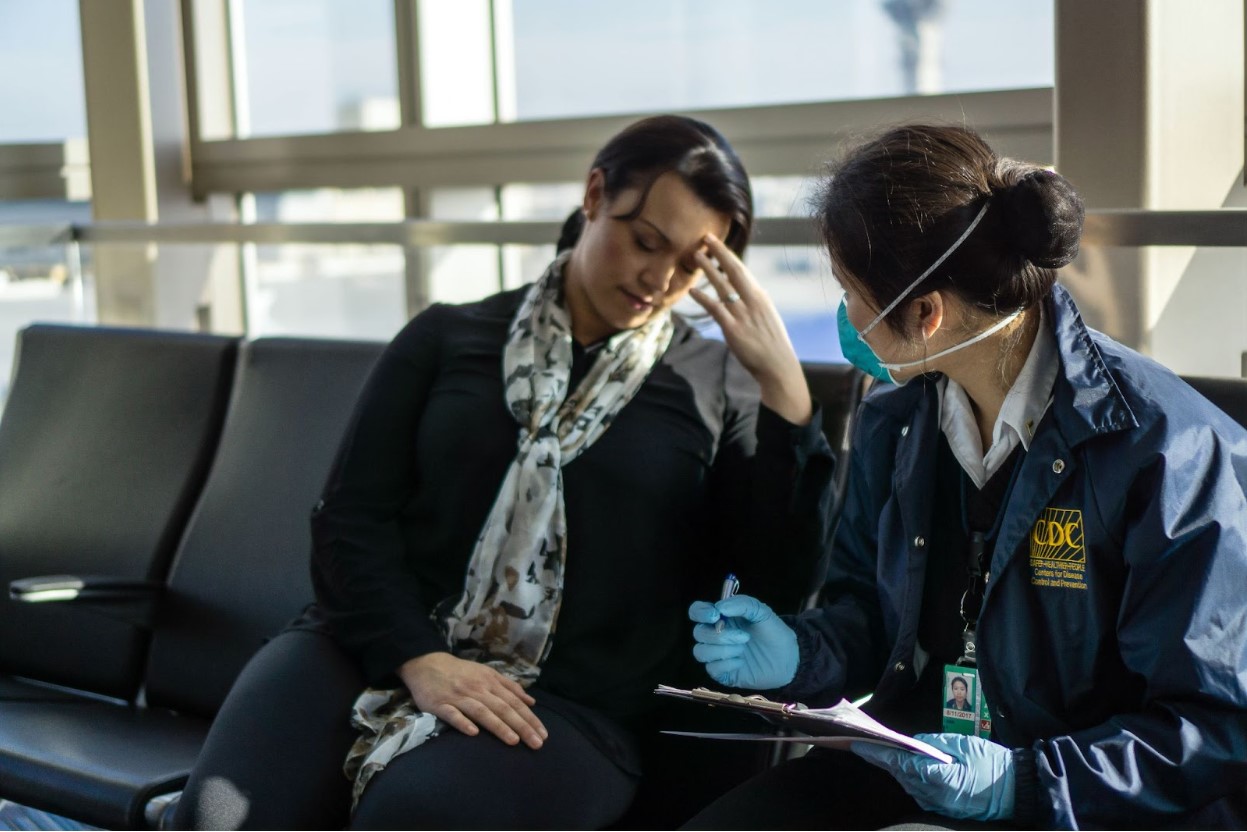In Raleigh, North Carolina, a concerning story has unfolded at North Carolina State University, impacting over 150 of its community members. Individuals, including students, staff, and alumni, have been diagnosed with serious health conditions, notably cancers, traced back to their time spent in Poe Hall.
This alarming situation emerged following extensive investigations into the building’s safety, revealing a toxic legacy hidden within its walls.
The Story of Poe Hall

Poe Hall, once a bustling center of education and learning on the NC State campus, has become synonymous with a grave health concern. Investigations initiated due to health complaints found that the building’s levels of polychlorinated biphenyls (PCBs) were over 38 times higher than what the Environmental Protection Agency (EPA) deems safe, according to WRAL News.
This discovery led to the building’s closure in November 2023, highlighting the risks posed to those who had spent time there.
Sarah Glad’s Tragic Fight

Among the many affected is Sarah Glad, a young mother and NC State alumna, whose dreams were cut short by stage four breast cancer (via The Daily Mail).
Sarah’s time in Poe Hall during her studies from 2007 to 2013 is believed by her family to be the cause of her illness. Tragically, Sarah died in January 2024, leaving behind a young family and a community in mourning.
A Mother’s Dream and a Family’s Loss

Despite her battle with cancer, Sarah managed to fulfill her dream of motherhood, welcoming a son in August 2022.
Her husband, Robbie Glad, has since become an advocate for awareness, telling WRAL, “I don’t care about money. I don’t care about compensation. I do care about being able to help other people.”
Christie Lewis’ Unexplained Symptoms

Christie Lewis, another NC State alumna, shared her unsettling experience of night sweats while studying in Poe Hall.
Her symptoms, which at first seemed mysterious, were later understood as potential early signs of her thyroid cancer diagnosis, drawing a concerning line back to her time at the university and raising questions about the long-term safety of the building’s environment.
Jennifer Walter: A Life Altered

The story of Jennifer Walter, who attended NC State from 2004 to 2007, further sheds light on the health risks associated with Poe Hall.
Diagnosed with thyroid cancer in 2017 and synovial sarcoma in 2022, Jennifer’s harrowing journey adds a deeply personal perspective to the statistics. “It’s made me feel just really nervous,” she told Fox News, speaking to her concern of passing things on to her children.
The Use and Dangers of PCBs

PCBs, used in the construction of Poe Hall in 1971, were banned in 1979 due to their carcinogenic and environmental risks (via the EPA).
Despite their ban, the presence of these toxic chemicals in Poe Hall has posed serious health risks to unsuspecting students and faculty, linking the building’s past with current health crises in the NC State community.
NC State’s Response to the Crisis

Following the alarming discovery of PCBs in Poe Hall, NC State initiated an investigation to assess the extent of the contamination.
However, the university’s decision to halt a planned federal Health Hazard Evaluation in January 2024 has been met with criticism and concern, highlighting the need for transparency and decisive action in addressing the crisis.
The Investigation That Wasn’t

The halted investigation into the toxicity of Poe Hall has raised questions and concerns among the affected community.
Despite the university’s claims of continuous efforts to address the situation, the lack of a comprehensive federal investigation has left many feeling neglected and in search of answers regarding the full impact of the exposure.
The Toll on Victims and Families

The stories of those affected by the toxic exposure in Poe Hall reveal a deep sense of betrayal and loss.
Individuals like Christie Lewis and Jennifer Walter express feelings of violation and fear, not just for their own health but potentially for the health of their children, shedding light on the personal and generational impact of the university’s handling of the crisis.
Public Outcry and the Demand for Action

The situation at Poe Hall has sparked outrage and a demand for accountability from NC State.
The community is calling for a thorough and transparent investigation into the health impacts of PCB exposure, urging the university to prioritize the health and safety of its current and former members over bureaucratic interests (via WRAL News).
A Call for Transparency and Safety

This crisis at North Carolina State University serves as a reminder of the importance of environmental safety and the need for transparent communication in educational institutions.
As the NC State community seeks justice and answers, the broader implication is clear. Ensuring the safety of educational environments is paramount, requiring vigilant oversight and swift action to protect public health.








































